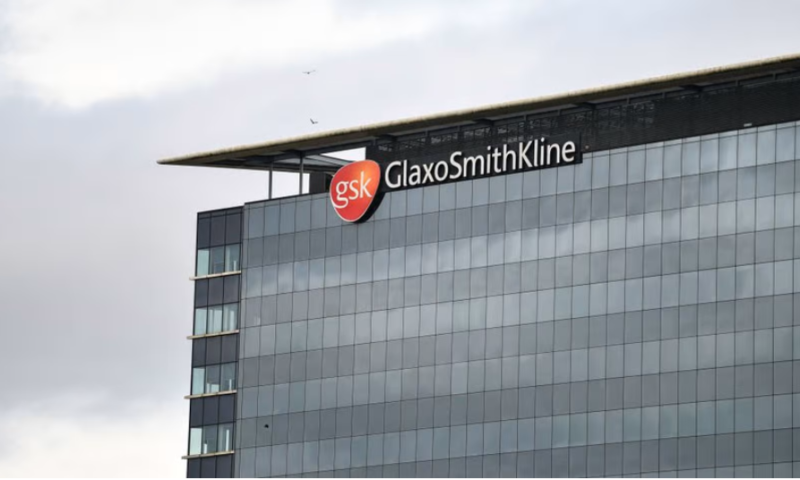GSK’s anti-TIM-3 antibody is moving into a pivotal trial after hitting the mark in the midphase portion of the study, cementing the Big Pharma’s status as a front-runner in a thinning field featuring Novartis.
TIM-3 is a checkpoint receptor and the latest in a series of targets that have caught the imagination of the immuno-oncology sector. With interest in TIGIT, another checkpoint receptor, on the rocks after the failure of Roche’s candidate, TIM-3 could now step into the limelight. But companies still need to deliver data to show it can avoid the doomed fates of previous red-hot immuno-oncology targets.
GSK took a step toward potentially validatory data Wednesday, revealing that both arms of its phase 2/3 non-small cell lung cancer (NSCLC) clinical trial have met the criteria for advancing into the next stage of the study.
Patients in one of the arms received the anti-TIM-3 antibody cobolimab, GSK’s PD-1 checkpoint inhibitor Jemperli and the chemotherapy docetaxel. Participants in the second cohort only received Jemperli and docetaxel, while a third group is receiving docetaxel as a monotherapy to serve as the active control arm.
GSK is yet to post data from the phase 2 portion of the trial. But, with the data clearing the pre-specified expansion criteria, the two arms are moving into the phase 3 portion of the study to show how the drug combinations perform in advanced NSCLC patients who have progressed on prior anti-PD-L1 therapy and chemotherapy.
The move keeps GSK at the front of the TIM-3 race. Novartis’ rival candidate, sabatolimab, is in phase 2 and 3 clinical trials in patients with myelodysplastic syndrome or chronic myelomonocytic leukemia-2. Novartis has data from the phase 2 study and plans to seek approval after reporting phase 3 results in 2024. The Swiss company is initially focusing on different indications than GSK is.
Roche was snapping at the heels of the two front-runners, having moved its PD-1xTIM-3 bispecific into a phase 2 trial last year, but it stopped enrollment in that arm of the study earlier this year. Bristol Myers Squibb also took a TIM-3 candidate into the clinic but no longer lists the asset among its active clinical development programs.

